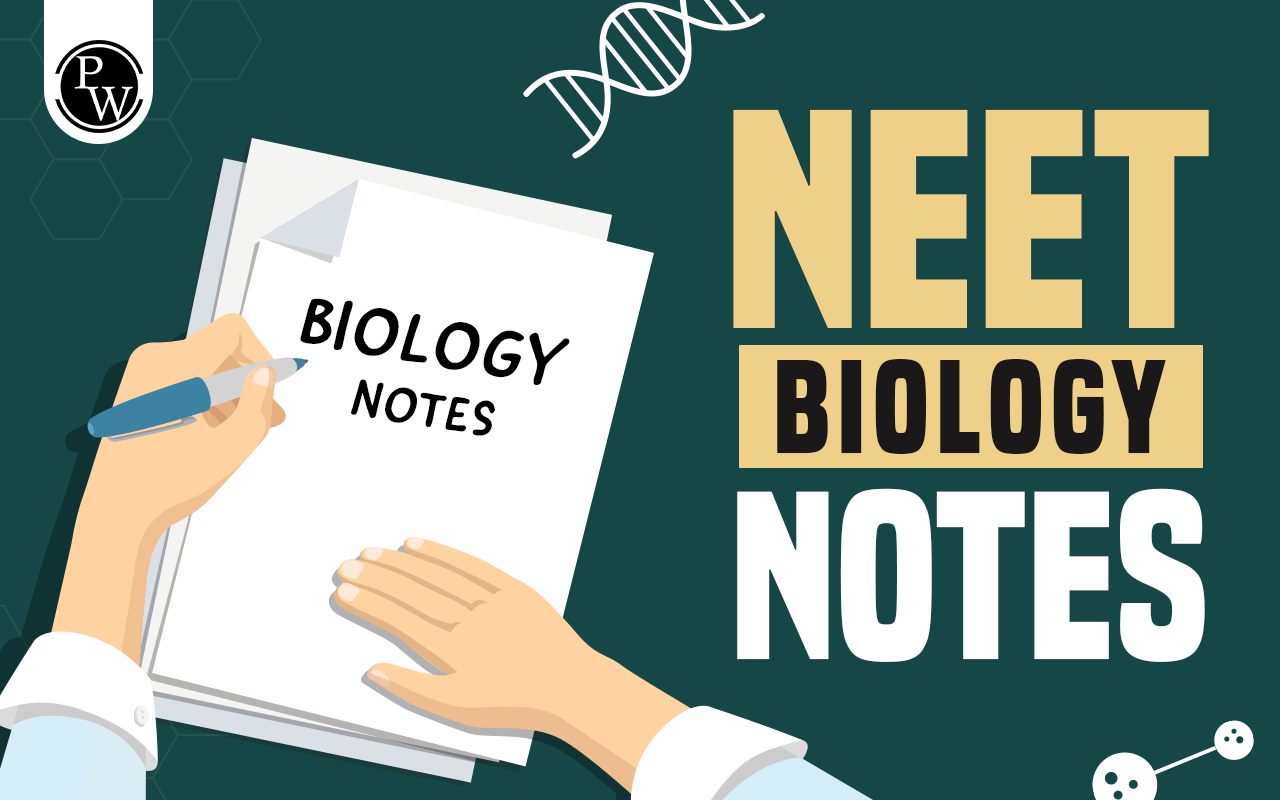
Difference Between Predation and Parasitism: Predation and parasitism are two separate biological interactions in which one organism gains an advantage at the expense of another. While both interactions involve exploitation, they have different mechanisms and outcomes. Predation occurs when one organism actively hunts, captures, and consumes another organism as prey, such as a lion preying on a deer for food. Parasitism, on the other hand, is a symbiotic relationship in which one organism (the parasite) lives on or within another organism (the host), reaping benefits at the host's expense without necessarily killing it, as seen with ticks infesting a dog.
Predation and parasitism both cause harm to one organism while benefiting the other. Predation occurs when a predator kills and consumes its prey to survive, using its strength to dominate the weaker prey. On the other hand, parasitism involves the parasite exploiting the host, causing harm or inconvenience while obtaining resources or shelter, ultimately benefiting from the relationship. The article below provides a detailed explanation of the difference between predation and parasitism.NEET 2024 Information Bulletin
Diffe nce re Between Predation and Parasitism Overview
Predation and parasitism are two different interspecies interactions in ecosystems. Predation occurs when one species actively hunts and consumes another (the prey). In contrast, parasitism occurs when one organism (the parasite) lives on or within another organism (the host), usually harming the host while benefiting itself. Predators hunt actively, whereas prey avoid predation passively. Similarly, parasites actively exploit their hosts, whereas hosts passively suffer the consequences of parasitism. Predators and parasitoids control invasive species, helping to maintain ecological balance by controlling population sizes. Several predators and parasitoids are artificially bred in laboratories to control pests on economically important crops. Parasitism is a complex relationship in which parasites gain benefits at the expense of their hosts. Parasites degrade their hosts' health, often by depleting resources or causing tissue damage while enhancing their survival and reproduction. This interaction demonstrates the intricate dynamics between ecosystem species, emphasizing the importance of understanding such relationships in ecological research. Read the article to learn more about the difference between predation and parasitism.
Difference Between Predation and Parasitism
Parasitism is a symbiotic relationship between two species in which one organism, known as the parasite, obtains its nutrients directly from another organism, the host. Predation is a direct feeding interaction between two animal species in which one, known as the predator, captures and consumes the other, known as the prey. Unlike parasites, which feed on their hosts without causing death, predators are self-sufficient organisms that hunt and kill other species for sustenance. The following table summarizes the difference between predation and parasitism:| Difference Between Predation and Parasitism | ||
| Aspect | Predation | Parasitism |
| Nature of Interaction | Predators actively hunt and consume prey. | Parasites reside on or within the host, feeding off it. |
| Role of Organisms | Predators engage in hunting and killing prey for immediate sustenance. | Parasites depend on the host for nutrients over an extended period. |
| Outcome for Prey/Host | Prey is killed for consumption. | Host may suffer but isn't always killed immediately. |
| Purpose of Interaction | Predators seek food for sustenance. | Parasites extract nutrients and reproduce at the host's expense. |
| Duration of Interaction | Short-term, involving immediate consumption. | Long-term, often involving a prolonged association. |
| Adaptations | Predators possess adaptations for hunting and capturing prey. | Parasites exhibit specialized adaptations for attaching to hosts and obtaining nutrients. |
| Dependency | Predators don't rely on a single prey species. | Parasites are highly dependent on specific host species. |
| Predator/Parasite Population | Predators are typically fewer in number and often larger in size. | Parasites can exist in large populations, usually smaller in size. |
| Harm to Host | Predators cause immediate harm, often resulting in death. | Parasites can harm hosts gradually without causing immediate demise. |
| Example | A lion hunts and devours a gazelle. | A tick feeds on a dog's blood over an extended duration. |
Predation
Predation is the act of one organism, known as the predator, hunting and consuming another organism, referred to as the prey, as a means of obtaining sustenance. Predation is an essential ecological interaction in shaping ecosystems and maintaining ecological balance. In this interaction, predators actively seek out and capture prey to meet their energy and nutritional needs. Examples of predators include lions, sharks, wolves, and eagles, while prey species encompass a wide range of organisms such as deer, fish, rabbits, and insects. Predation occurs across various habitats, including terrestrial, aquatic, and aerial environments. It is characterized by the predator's ability to detect, pursue, and capture prey through physical adaptations, sensory abilities, and hunting strategies. Predators may possess specialized anatomical features such as sharp teeth, claws, or beaks and enhanced senses of sight, smell, and hearing to effectively locate and apprehend their prey. The predation process involves several distinct stages, beginning with the detection of potential prey, followed by pursuit, capture, and consumption. Predators employ various hunting techniques, including ambush predation, stalking, pursuit predation, and group hunting strategies, depending on their specific ecological niche and prey characteristics.NEET Biology Chapter wise Weightage
Parasitism
Parasitism occurs when one organism feeds on or shelters within another, causing harm to the latter. While some parasites are harmless to their hosts, others are pathogenic and can cause illness or death. Examples include ectoparasites such as lice and mosquitoes, protozoans like amoeba, and worms like roundworms and tapeworms. Plant parasites, such as aphids, feed on sap, whereas intestinal parasites thrive on partially digested food in animal intestines. Parasites, typically smaller than their hosts, reproduce quickly once inside and complete various life cycle stages. An instance of parasitism is a mosquito feeding on a human.Difference Between Predation and Parasitism FAQs
What is the difference Between Predation and Parasitism
What distinguishes a parasite from parasitism?
What type of interaction characterizes predation and parasitism?
What is the primary distinction between a predator and a parasite?
What is the difference between predator and predation?










